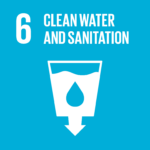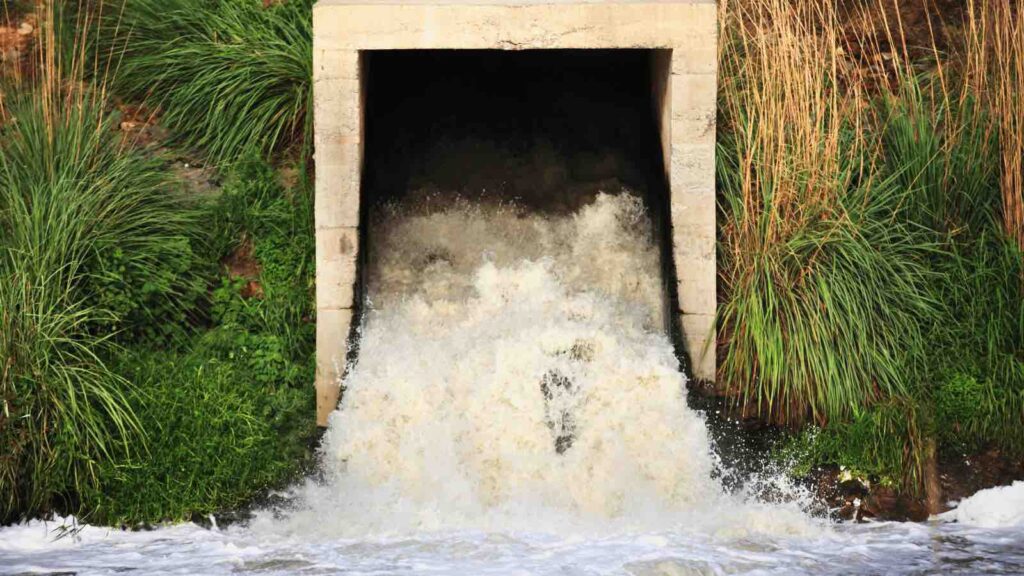Per the Central Pollution Control Board, urban centers in India generate over 70,000 million liters of wastewater daily. Given the rising populations, the question arises: are Indian cities adequately equipped for effective wastewater management?
Every year, the concentration of population in Indian cities increases. The specter of poor sanitation, a ghost from the past when antibiotics were non-existent, continues to loom large, casting a dark shadow over public health. Despite technological advancements, the sanitation crisis in urban India remains a potent threat. It’s a paradox of modern life – cities with soaring skyscrapers and digital infrastructures still grappling with the basic needs of clean water and sanitation.
RELEVANT SUSTAINABLE GOALS



Wastewater Management in Urban India
The scale of the problem is monumental. Urban India, with its sprawling megacities, faces a ceaseless demand for clean water, often piped from sources hundreds of kilometers away. The aftermath is a torrent of untreated wastewater, turning rivers into open sewers, a stark reminder of the environmental cost of urbanization.
But the issue runs deeper. It’s a tale of inequality and vulnerability, where the health risks of inadequate water and sanitation fall disproportionately on the less privileged, women, and migrants. This is not just about health; it’s about dignity and justice.
Moreover, the crisis is exacerbated by the twin threats of water stress and climate change. These forces amplify the water cycle, leading to droughts and floods, challenging the resilience of these urban centers. And in the midst of this, there’s the urgent need to recycle the mountains of human waste into something useful, something sustainable.
Adding complexity to this urban narrative are the sprawling informal settlements, cities within cities, born out of unchecked urbanization. These dense neighborhoods, often overlooked, are where the challenges of water, sanitation, and stormwater management are most acute, where the struggle for rights and justice is most palpable.
The numbers speak volumes. According to the Central Pollution Control Board, urban centers in India generate over 70,000 million liters of wastewater daily. As the urban population swells, one can’t help but wonder: Are these cities equipped to handle this burgeoning crisis? Can they transform this challenge into an opportunity for sustainable urban living? The answer lies not just in technology and infrastructure, but in a fundamental rethinking of our approach to urban development, where rights, justice, and sustainability form the core.
Lead image courtesy of rvimages from Getty Images Signature
You may also be interested in :
Get Curious And Understand Corruption In Water and Sanitation


